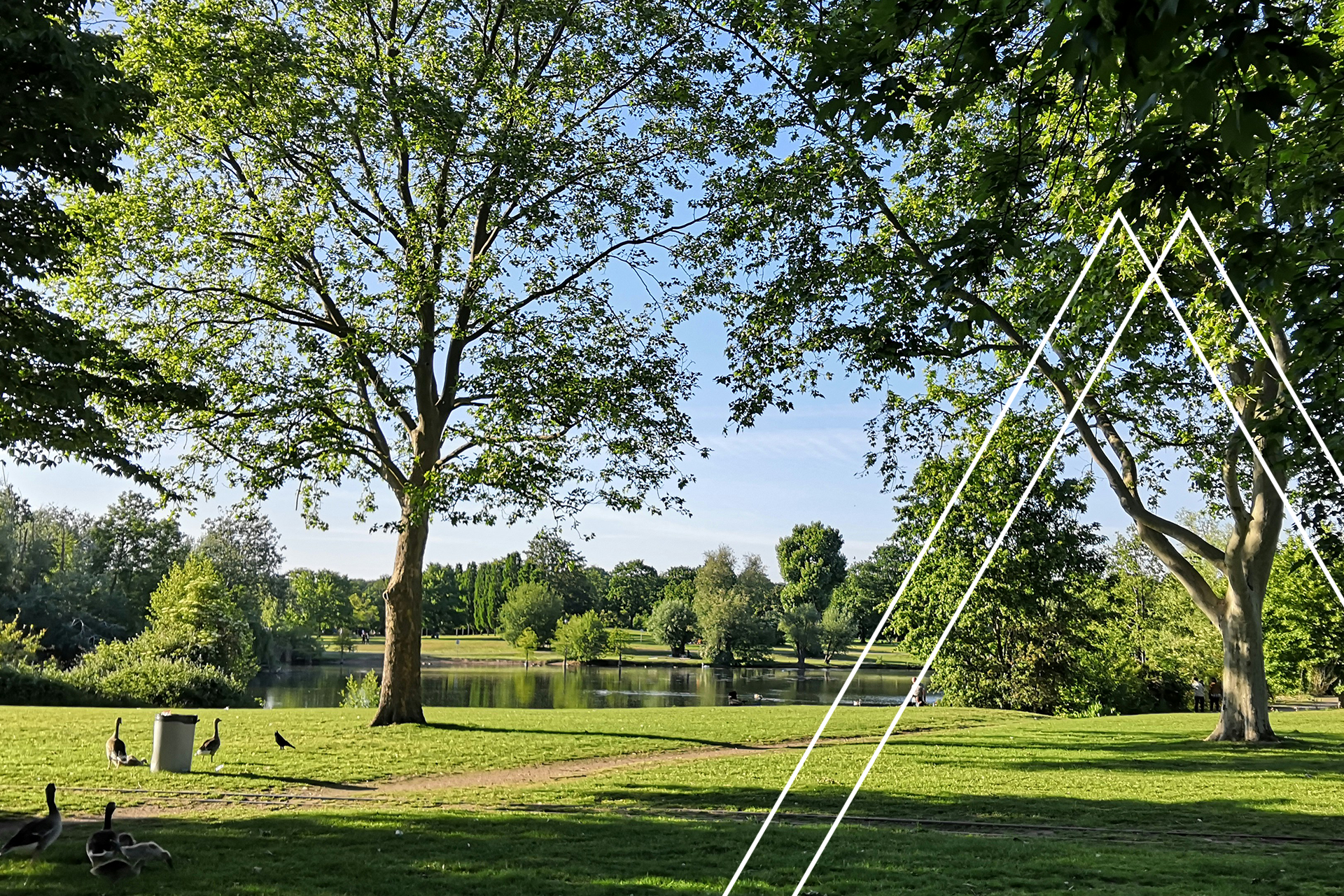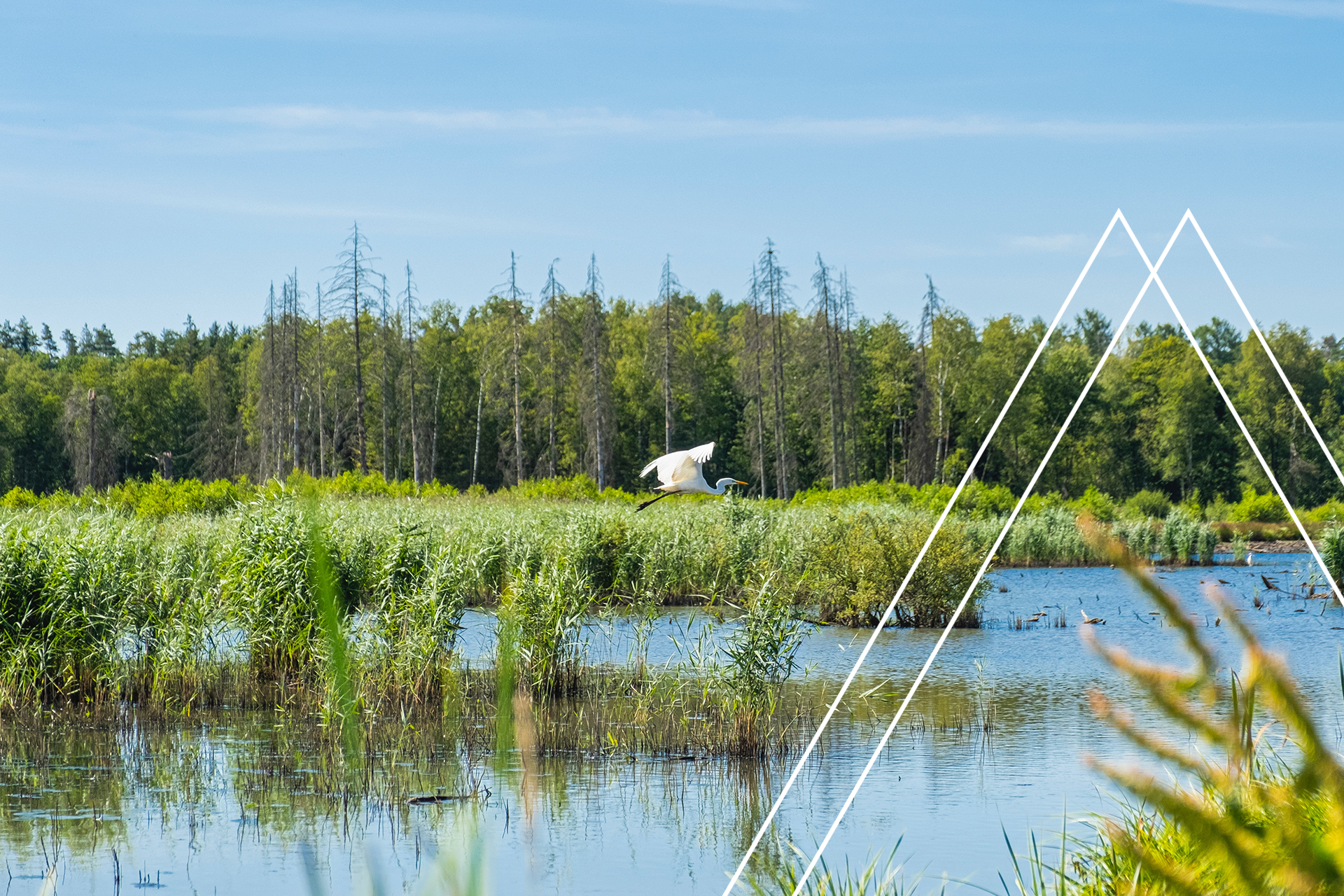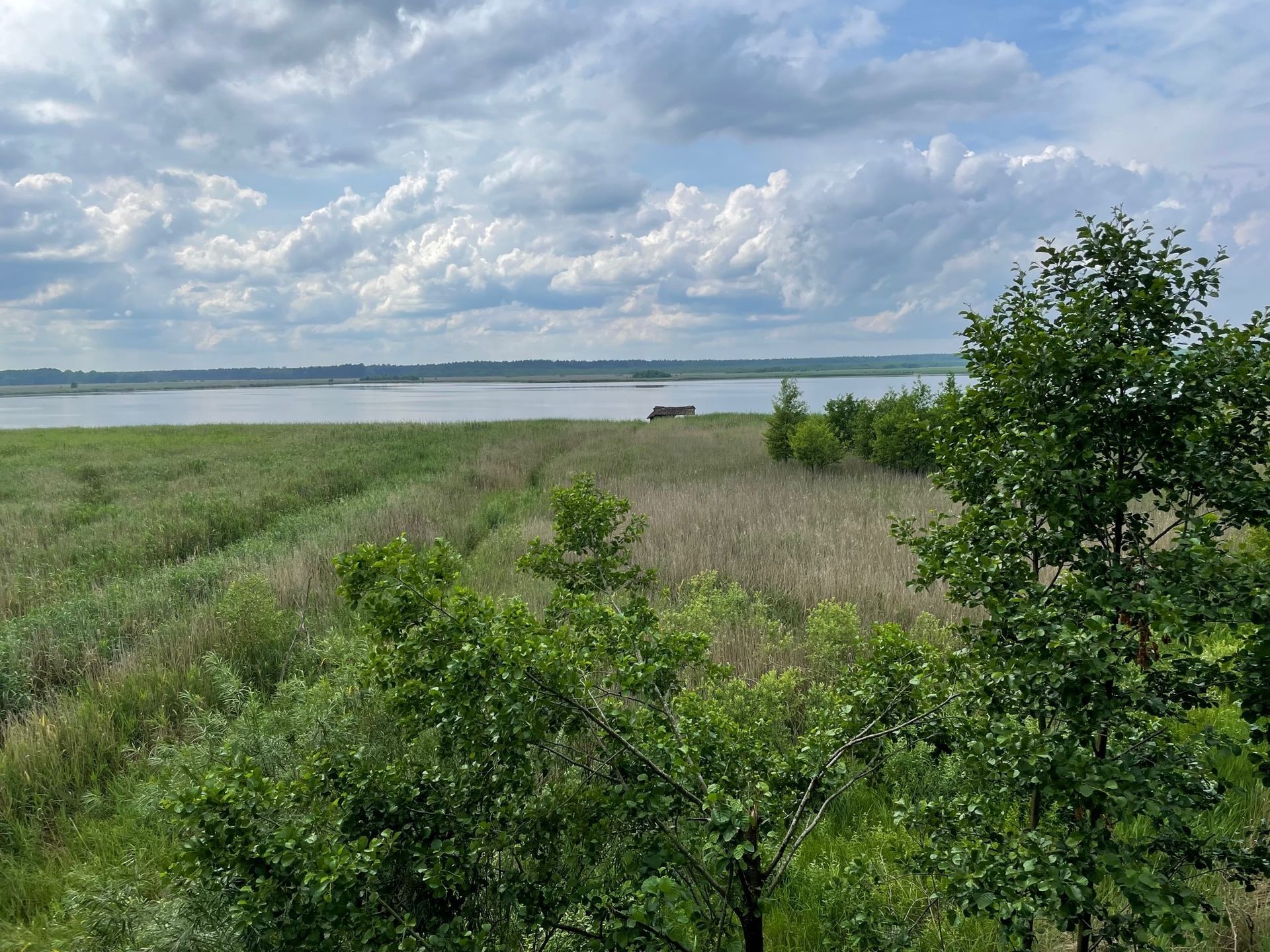Auf die Plätze, fertig, GRESB! Der Saisonstart ist gefallen für die nächste Runde der Nachhaltigkeitsbewertung für Immobilienfonds
EnviroSustain ist seit nunmehr sechs Jahren Teil der GRESB Bewegung, die zusehends an Bedeutung gewinnt – auch in Deutschland. GRESB steht kurz für Global Real Estate Sustainability Benchmark. Hierbei werden Immobilienfonds anhand eines umfangreichen Fragenkatalogs mit ihren Peers verglichen und im Hinblick auf ihren ganzheitlichen Ansatz zur Nachhaltigkeit bewertet.
Mit Ausdauer, Geduld und viel Wissenstransfer konnten nach und nach mehr Kunden für den Sinn und den Mehrwert dieses Wettbewerbs gewonnen werden. Auch ES hat sich in dieser Zeit verändert. Jahr für Jahr ist die Expertise in der GRESB-Beratung und Unterstützung in gewachsen, sodass wir heute unseren Kunden ein starker Partner für exzellente Ergebnisse sein können. Das stimmt uns optimistisch, dass die ESG Performance auf Fonds- und Assetebene weiterwachsen wird. Insbesondere die Bewertung von Klimarisiken und die Erreichung der Pariser Klimaziele liegen in unserem Fokus.
Seit dem 1. März 2021 gibt es den alljährlichen Reference Guide für die Immobilienbewertung (GRESB Real Estate Assessment) auf www.gresb.com zu lesen. Im Gegensatz zum Jahr 2020, in dem viele Änderungen vorgenommen wurden, haben sich die Anforderungen in diesem Jahr nicht wesentlich geändert. [Lesen Sie hier mehr über den neuen Reference Guide für 2021.]
Seit dem 1. April 2021 hat das GRESB Portal seine Pforten geöffnet und lädt alle Teilnehmer zum Ausfüllen des Fragebogens ein. Hier zeigt sich, wer gut vorbereitet ist und wer noch nachsitzen muss. Um sich zu vergewissern, dass die Antworten nachvollziehbar sind und die zur Verfügung gestellten Nachweise akzeptiert werden, gibt es die Möglichkeit einer Antwortüberprüfung (Response Check). Diese Vorprüfung ist sehr empfehlenswert und wird im Zeitraum vom 1. April 2021 bis 1. Juni 2021 angeboten. Diese ist zudem in der Anmeldegebühr bereits enthalten.
Nun heißt es Ärmel hochkrempeln und ran an die Bouletten, wie man in Berlin sagt. Vom Fondsmanagement über das Asset Management bis hin zum Property Management und schließlich auch Facility Management – alle werden auf verschiedenen Ebenen in den Prozess eingebunden. Es werden Richtlinien erstellt, erweitert, gepflegt und manchmal auch wieder verworfen. Ebenso werden Verbrauchsdaten gesammelt, analysiert und verifiziert, und Verträge auf Nachhaltigkeit getrimmt. Des Weiteren werden Netzwerke gebildet, Wissenstransfer ermöglicht und vieles mehr. Hand in Hand geht es der finalen Einreichung mit Spannung entgegen.
Das GRESB Portal wird schließlich zum 1. Juli 2021 geschlossen. Danach arbeitet man bei GRESB auf Hochtouren, um die zahlreichen Fonds weltweit miteinander zu vergleichen. Die Bewertung wird in die Dimensionen Management und Performance für Bestandsgebäude bzw. Development für Projektentwicklungen unterteilt und mit der entsprechenden Peer Group und dem GRESB Average verglichen. Nur wer mehr als 50% der Punkte in jeder Dimension erreicht, wird zum GREEN STAR. Im Quintilsystem von GRESB können in Summe bis zu 5 Sterne erreicht werden. Doch Vorsicht! Wer der Meinung ist, er könne sich auf seinen Lorbeeren ausruhen, der irrt. – Das System ist dynamisch! Wenn die Konkurrenz besser wird, dann muss auch der eigene Fonds besser werden, um die Nase vorne zu behalten.
Nur Richtlinien (Policies) reichen hierbei nicht mehr, um erfolgreich abschneiden zu können. Um den ökologischen Fußabdruck zu reduzieren, ist eine konsistente Nachhaltigkeitsstrategie notwendig, die dem jährlichen GRESB-Zyklus und dem Gedanken der kontinuierlichen Verbesserung folgt. Hierzu wird das Erfassen von verlässlichen Daten zur Kernaufgabe, um die Gebäude lückenlos zu bewerten. Das ist letztendlich der Schlüssel, um Veränderungen anzugehen und seinen Erfolg messbar zu machen. Denn nur wer die Ursache kennt, kann nachhaltig die Symptome abstellen.
Die vorläufigen Ergebnisse werden am 1. September 2021 und die finalen am 1. Oktober 2021 veröffentlicht. Dann zeigt sich, wer seine Hausaufgaben gemacht hat. ESG Committees kommen zusammen und diskutieren die Ergebnisse, Maßnahmenpläne werden erstellt und bis zum Jahresende müssen die in der Bewertung offenbarten Lücken gefüllt werden.
Um den Start in die GRESB Saison erfolgreich zu gestalten können Sie gern auf uns zukommen. Wir unterstützen Sie gern!









Head Office, Berlin,
Neue Grünstraße 17 | 18 Hof 1 | TRH 3
10179 Berlin
© ES EnviroSustain GmbH 2021





